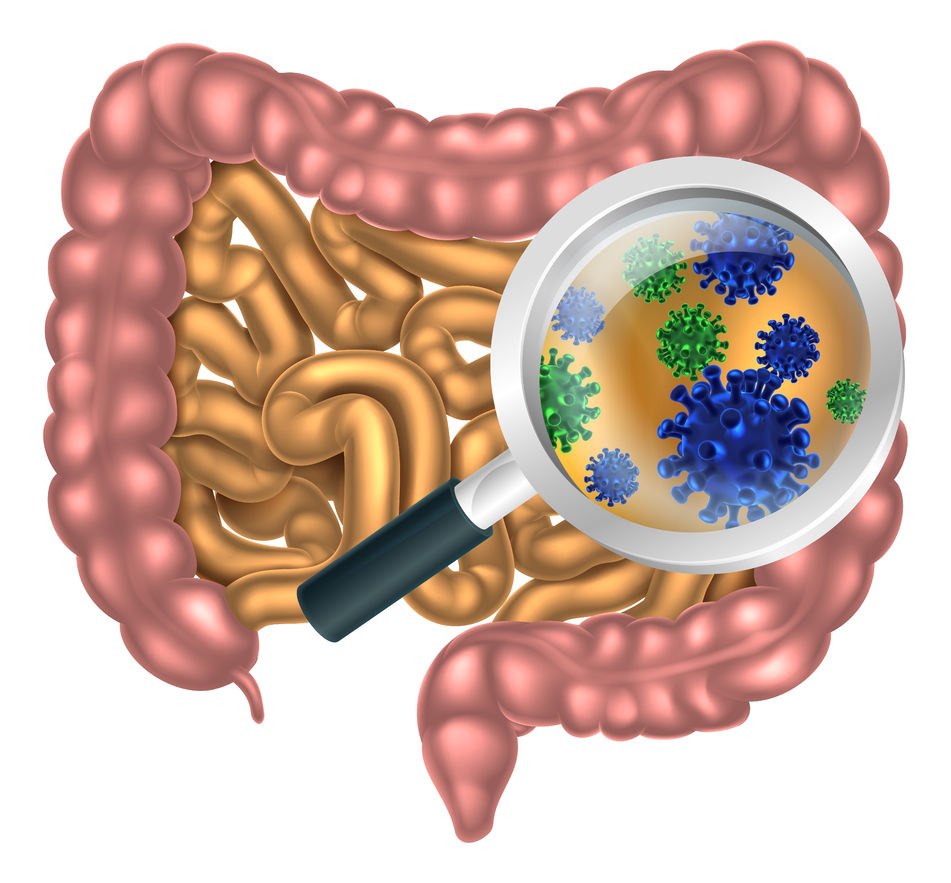A Whole New Way You Are What You Eat: Diet & Gut Microbiome

You knew that certain foods, like yoghurt with live cultures, could affect the balance of bacteria in your gut, but did you know that almost everything you eat or drink does? . . .
An important new study looked at the dietary habits and other features of lifestyle, like use of medications and smoking, of 1,135 healthy people. It then looked at their gut microbiome: the population of microorganisms in their intestines to see what effect those habits had on the mix of bacteria.
The researchers say that “there is a good correlation between [microbiome] diversity and health: greater diversity is better.” And 60 dietary factors were found to influence the diversity. 19 drugs were also found to affect it.
Most of the positive associations between eating and intestinal bacteria were accounted for by fiber consumptions. But there were a number of other surprising discoveries. One group of bacteria—like us—preferred dark chocolate! Drinking coffee, tea and red wine also increase diversity, as does eating fruit, vegetables and yoghurt.
Drinking whole milk or sugary drinks and eating high-calorie diets negatively affect intestinal diversity by decreasing it.
Some drugs negatively affected the gut microbiome, including antibiotics, laxatives, metformin, statins, hormones used for birth control or menopause, antihistamines and, especially, proton-pump-inhibitors.
Since the balance of intestinal microorganisms has such a major impact on so many features of physical and psychological health, this study offers insight into yet another reason why diet has such an effect on health.
Science 2016;352 (6285):565
For the latest research to keep your family healthy, get The Natural Path delivered to your inbox each month: Subscribe!
For more on healthy eating, see Linda’s newest book, The All-New Vegetarian Passport: a comprehensive health book and cookbook all in one.
The Natural Path is intended for educational purposes only and is in no way intended for self-diagnosis or self-treatment. For health problems, consult a qualified health practitioner for a comprehensive program.